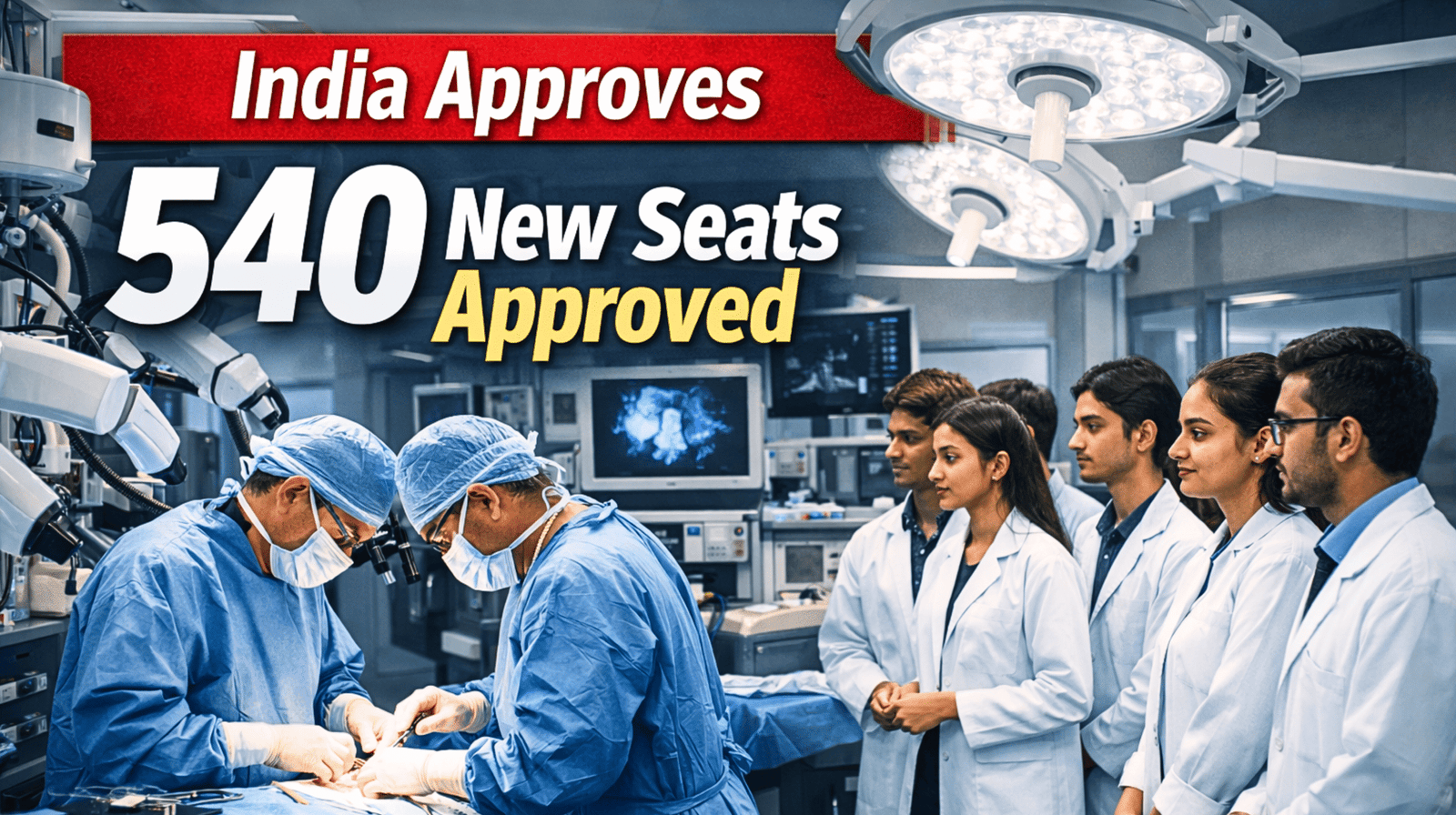India’s education landscape is undergoing a historic transformation. With the National Education Policy (NEP) 2020 moving into its implementation phase, states across the country are actively preparing to roll out major curriculum reforms designed to modernize learning and make it more inclusive, flexible, and student-centered.
🏛️ A Quick Recap: What is NEP 2020?
The National Education Policy 2020 is the first major education reform in India since 1986. It aims to restructure the Indian education system to align with 21st-century needs. Key pillars include:
- A new 5+3+3+4 school structure
- Mother tongue/regional language as the medium of instruction till Grade 5
- Emphasis on foundational literacy and numeracy (FLN)
- Integration of vocational education from Grade 6
- Choice-based, multidisciplinary learning in higher education
- Board exams to test core competencies, not rote memorization
🏗️ Curriculum Revamp in Progress
States are now revising school curricula to align with NEP’s learning outcomes. Here’s what’s happening:
1. Focus on Foundational Skills
States like Uttar Pradesh, Maharashtra, and Tamil Nadu are prioritizing foundational literacy and numeracy for early grade learners. Programs like NIPUN Bharat are being scaled up to ensure every child attains reading and basic math skills by Grade 3.
2. Regional Language as Medium of Instruction
Following NEP’s recommendation, several states are shifting the medium of instruction to local languages at the primary level. This aims to improve comprehension and connect children more deeply with their culture and environment.
3. Vocational Education from Middle School
Vocational subjects — such as coding, carpentry, agriculture, and AI — are being introduced from Class 6 onwards in many state curricula, aiming to give students hands-on skills early in life.
4. Digital Learning Integration
States are investing in digital infrastructure and resources like DIKSHA, ePathshala, and state-specific apps to support blended learning models. Teachers are also being trained to use these tools effectively.
🎓 Teacher Training & Support
Curriculum changes are only effective when teachers are prepared. That’s why:
- Massive training drives are underway through the NISHTHA platform.
- Teachers are being equipped to shift from rote teaching to experiential, competency-based methods.
- NEP-aligned assessment tools are being developed to support continuous learning.
📊 Challenges on the Ground
While the vision is ambitious, implementation comes with hurdles:
- Variations in readiness across states
- Shortage of trained teachers in rural areas
- Language policy debates and parental preferences
- Infrastructure and digital divide
Still, with strong collaboration between the central and state governments, significant progress is being made.
🌟 What It Means for Students & Parents
- More engaging learning with less pressure on rote memorization
- Early exposure to life skills and career pathways
- Personalized education paths based on interest and aptitude
- Better preparation for future academic and job landscapes
📅 What’s Next?
The academic year 2025–26 will witness full-scale rollout of revised syllabi in most states, especially for Grades 1–5. Higher grades will follow in phased implementation.
The shift may take time, but it promises to reshape India’s future workforce and society for the better.
📝 Final Thoughts
The NEP 2020 is more than a policy — it’s a movement toward a new era in Indian education. As states gear up for this curriculum overhaul, it’s crucial for parents, educators, and students to stay informed and actively participate in the transition. The road ahead is challenging but filled with opportunity.
📌 Disclaimer
The information provided in this blog is for general awareness and educational purposes only. While efforts have been made to ensure accuracy, curriculum changes and policy implementations may vary by state and are subject to updates by official government authorities. Readers are advised to refer to notifications from the Ministry of Education, respective State Education Departments, or authorized institutions for the latest and most accurate details regarding NEP 2020 implementation.









